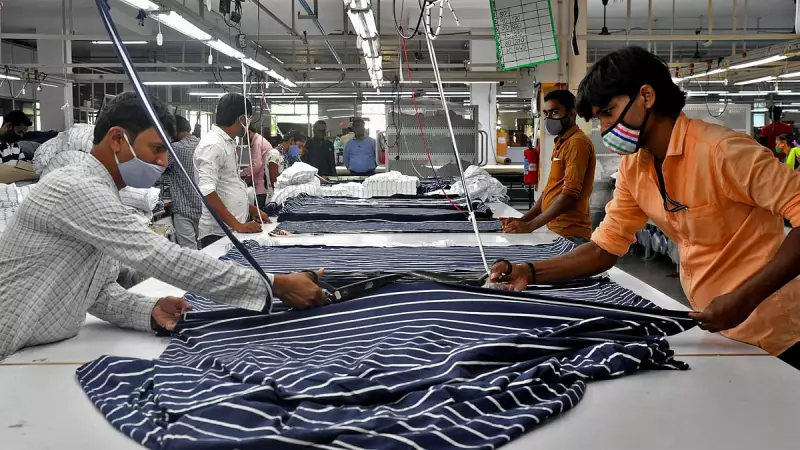
In a significant boost to India's technical textiles sector, the National Technical Textiles Mission (NTTM) has achieved a major milestone by supporting the development of indigenous thermal testing instruments. This groundbreaking initiative marks a crucial step toward reducing the country's dependence on imported testing equipment and strengthening the 'Make in India' campaign.
Revolutionizing Textile Testing with Homegrown Technology
The newly developed thermal testing instruments represent a technological leap for India's textile industry. These sophisticated devices are capable of accurately measuring the thermal properties of technical textiles, ensuring they meet international quality standards and performance requirements.
Key Benefits for Indian Textile Industry
The development of domestic thermal testing equipment brings multiple advantages:
- Reduced Import Dependency: Eliminates the need for expensive imported testing equipment
- Cost Efficiency: Makes advanced testing more accessible to small and medium enterprises
- Quality Assurance: Ensures technical textiles meet global standards for thermal performance
- Research Advancement: Supports innovation in specialized textile applications
Strategic Importance for National Development
This achievement aligns perfectly with the government's vision of achieving self-reliance in critical technological domains. The indigenous development of thermal testing instruments not only supports the technical textiles sector but also contributes to India's position as a global manufacturing hub.
The National Technical Textiles Mission continues to drive innovation across various segments of technical textiles, including geotech, meditech, agrotech, and protech. This latest development in testing infrastructure further strengthens India's capabilities in producing world-class technical textiles for both domestic and international markets.
Industry experts believe that this breakthrough will accelerate growth in sectors that rely on specialized textiles, including healthcare, infrastructure, agriculture, and defense. The availability of affordable, locally manufactured testing equipment is expected to spur innovation and quality improvement across the entire textile value chain.






